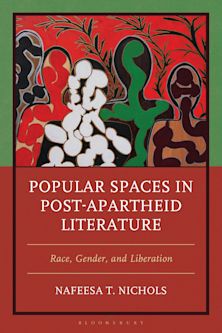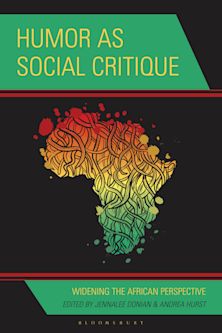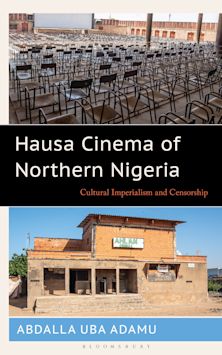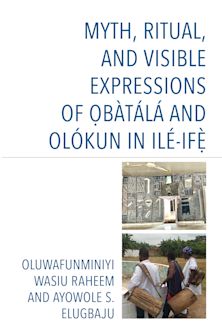Silence and Silencing in Selected African Novels
Power Dynamics and Transformative Voices
Silence and Silencing in Selected African Novels
Power Dynamics and Transformative Voices
This product is usually dispatched within 1 week
- Delivery and returns info
-
Free US delivery on orders $35 or over
Description
Through literary analysis, this book examines how African writers address silence and oppression in novels and poetry.
Silence and Silencing in Selected African Novels: Power Dynamics and Transformative Voices by Oumar Chérif Diop explores representations of rhetorical, sociocultural, and gendered silence and silencing within selected African literature. He examines how African writers deconstruct normative discourses and use aesthetic forms and narrative techniques to confront silencing systems. Within these literary works, characters express their thoughts, emotions, fears, anxieties, and protest through their silence. Through textual analysis, Diop explores the spaces where silence and silencing occur and how they highlight power dynamics and enforce oppressive structures. These texts also reveal the transformative potential of silence to illustrate the resilience of marginalized characters and their inspiring struggle against the censoring mechanisms of repressive institutions. Breaking the silence becomes an act of reclaiming agency and challenging oppressive forces. Diop shows how the importance of voice in the struggle for justice and the potential for individual actions inspires broader movements for change.
Table of Contents
Introduction
1. Navigating Silencing Systems
2. Silence, Sacrifice, and Solidarity
3. Silence, Racism and Resistance
4. Tearing the Shroud of Silence in an Atmos Fear
5. Silence and the Dictator Novel
6. The Loss of Tongues: Trauma and Silence
Conclusion
Bibliography
Index
About the Author
Product details

| Published | Sep 04 2025 |
|---|---|
| Format | Hardback |
| Edition | 1st |
| Extent | 168 |
| ISBN | 9781666918465 |
| Imprint | Bloomsbury Academic |
| Dimensions | 9 x 6 inches |
| Publisher | Bloomsbury Publishing |
Reviews

ONLINE RESOURCES
Bloomsbury Collections
This book is available on Bloomsbury Collections where your library has access.


































